China is a spellbinding country with unique cultural traditions and societal norms that drastically differ from what’s commonplace in the United States.
Understanding how a country varies from yours is essential to bridging the cross-cultural gap. From diet to fashion trends and thoughts on dating, many aspects of Chinese society contrast with daily life in America.
These are some of the most significant and fascinating differences between Chinese and American cultures.
Holidays
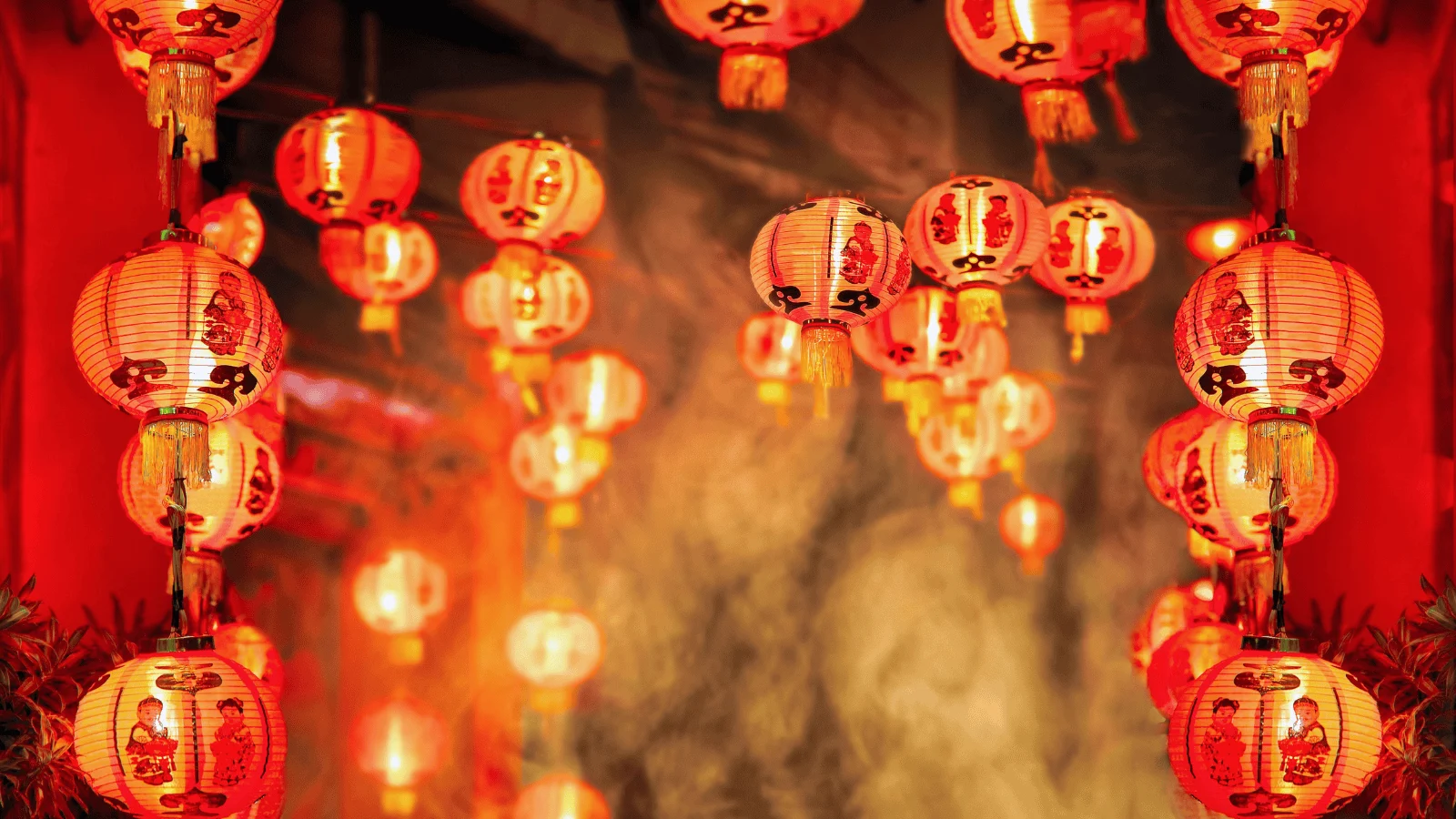
China recognizes seven public holidays, while America has 11 federal holidays. Chinese New Year, which occurs between January 21 and February 20, is among the country’s most popular cultural events. During this period, factories and offices shut down for up to four weeks. Most workers get at least seven days off, though many get two weeks or more of vacation to celebrate.
Other unique holidays include the Qingming Festival and Mid-Autumn Day, which the traditional Chinese lunisolar calendar dictates. Americans, meanwhile, celebrate patriotic occasions like Independence Day and Veterans’ Day.
Aging

According to the Population Reference Bureau, China has the world’s highest population of citizens 65 or older. Aging is an honor, and elders receive the utmost respect from their younger counterparts. Many people in China consider old age a sign of wisdom and experience.
Meanwhile, age-based discrimination is rampant in the U.S. The American Psychological Association identifies ageism as one of the most concerning social prejudices. Many Americans look down on senior citizens, and beauty trends in the U.S. often emphasize anti-aging formulas to stay youthful for as long as possible.
Gender Roles
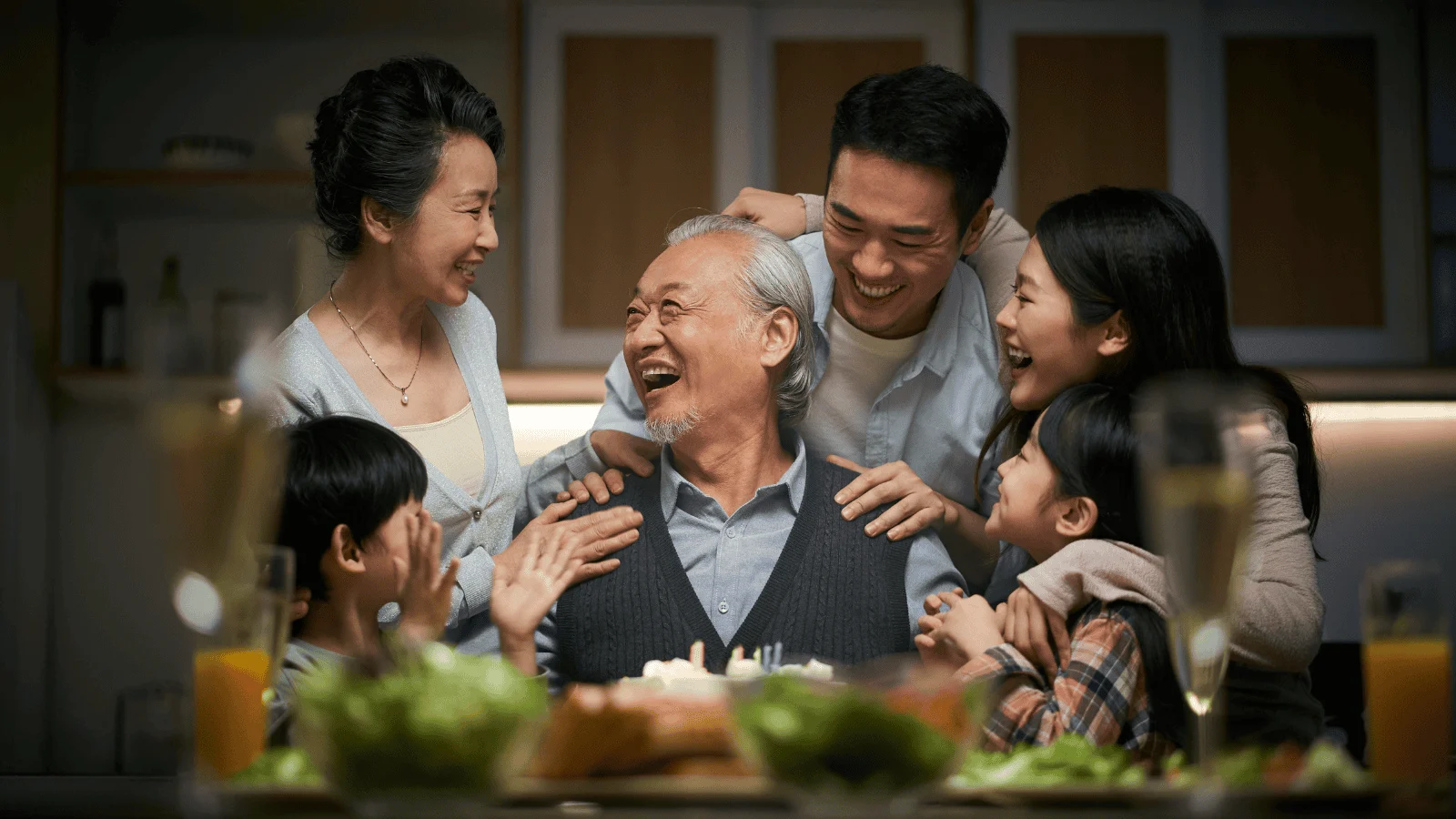
Asia Society shares that traditional Chinese culture portrays women as soft, passive followers. Females are often expected to fulfill family roles, as many classical sources consider them weaker than men. For example, after a woman has a baby in China, it’s customary for her mom or mother-in-law to move in for at least a month if not longer, to cook and clean for the family. The new mother is expected to stay indoors and cannot wash her hair.
Feminism has become a leading social movement in the U.S., while China remains largely conservative. However, the University of Chicago highlights similar male-centric sentiments in American culture. It cites a Developmental Psychology study that found children in both countries associate men with higher intelligence.
Individualism vs. Collectivism

Verywell Mind says American society is generally individualistic, prioritizing self-sufficiency and autonomy. China, meanwhile, is a prime example of collectivism. As a result, it promotes the belief that the overall group is more important than each distinct person.
Food
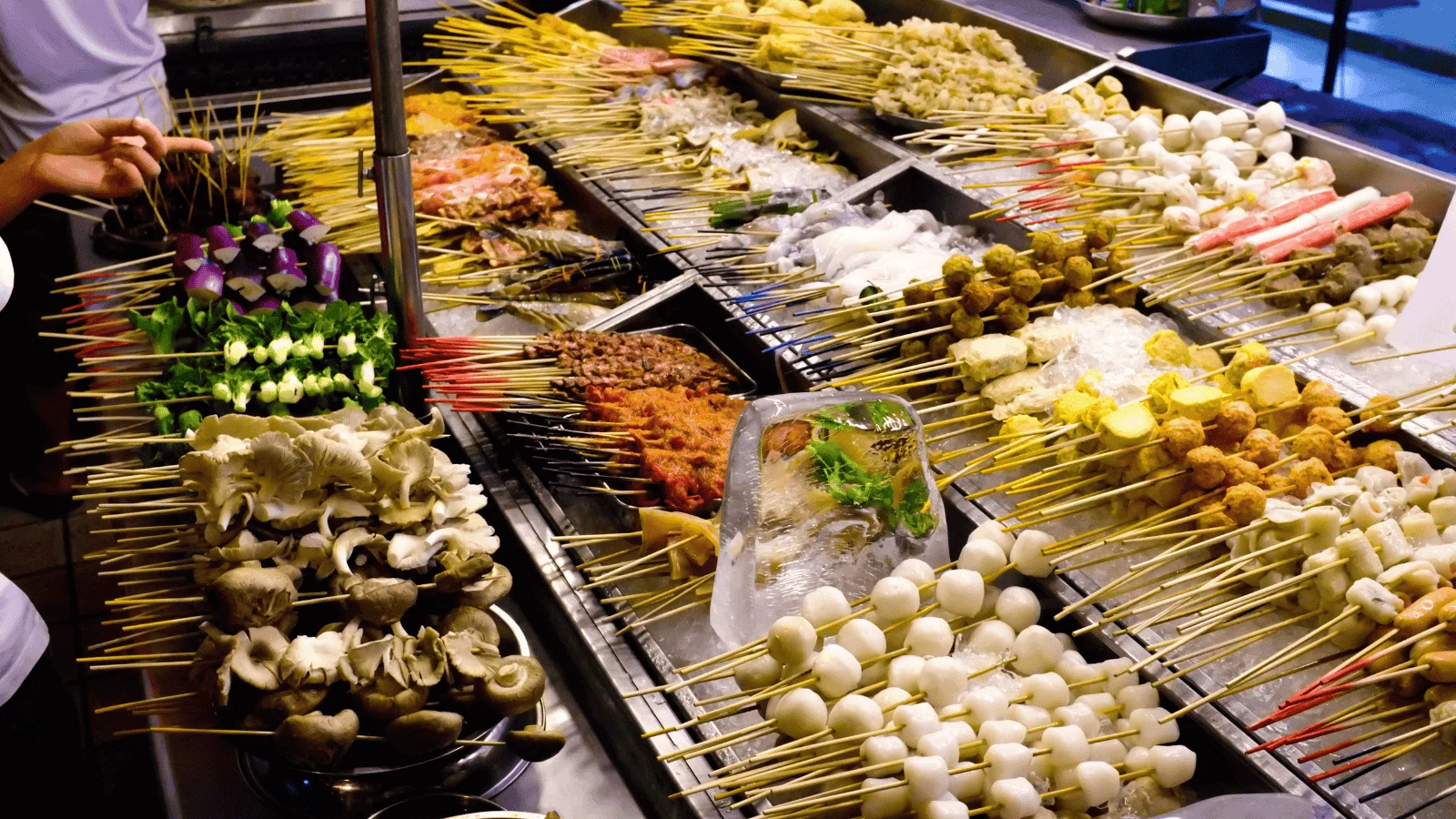
As Business Insider reports, Chinese and American diets differ in many ways. In China, most meals are shared, while Americans prefer to eat alone. Aside from the serving style, food items also vary significantly between the countries.
Key ingredients in Chinese cuisine include fermented beans and plum sauce, which aren’t as common in the U.S. People in China also typically eat less dairy than those in America.
Communication

Americans tend to be direct and are known for their blunt speaking styles. However, according to World Business Culture, communication in China is more passive and ambiguous. Nonverbal and contextual clues are often essential to deciphering conversations between friends, family, and professional acquaintances.
Education

Both China and the U.S. have renowned educational systems. According to the University of Colorado Denver, memorization and retention are key components of Chinese schools. This mentality cumulates in the Gaokao, a nationwide exam for high school students.
Unlike the ACT or SAT, which are only a small factor in determining a student’s college acceptance in the US, the Gaokao is the only criterion for deciding if a student will be able to attend higher education in China. As a result, the exam is highly competitive, and students face enormous pressure to score well, or else they may not be able to attend university at all. Ambulances are kept onsite in case of nervous breakdowns as students test.
Authority

China is a hierarchical society, and those in power have the ultimate authority. Traditional Chinese family structures reflect this, as fathers are the primary decision-makers. Data about levels of government trust also demonstrate the cultural emphasis on respecting superiors.
A 2023 Statista report revealed that 85% of Chinese citizens believe their government will do the right thing. Comparatively, the Pew Research Center found that just 20% of American citizens in 2022 trusted their government to do what was right. People in the U.S. are more likely to question and challenge authority, partly due to individualist values.
Religion
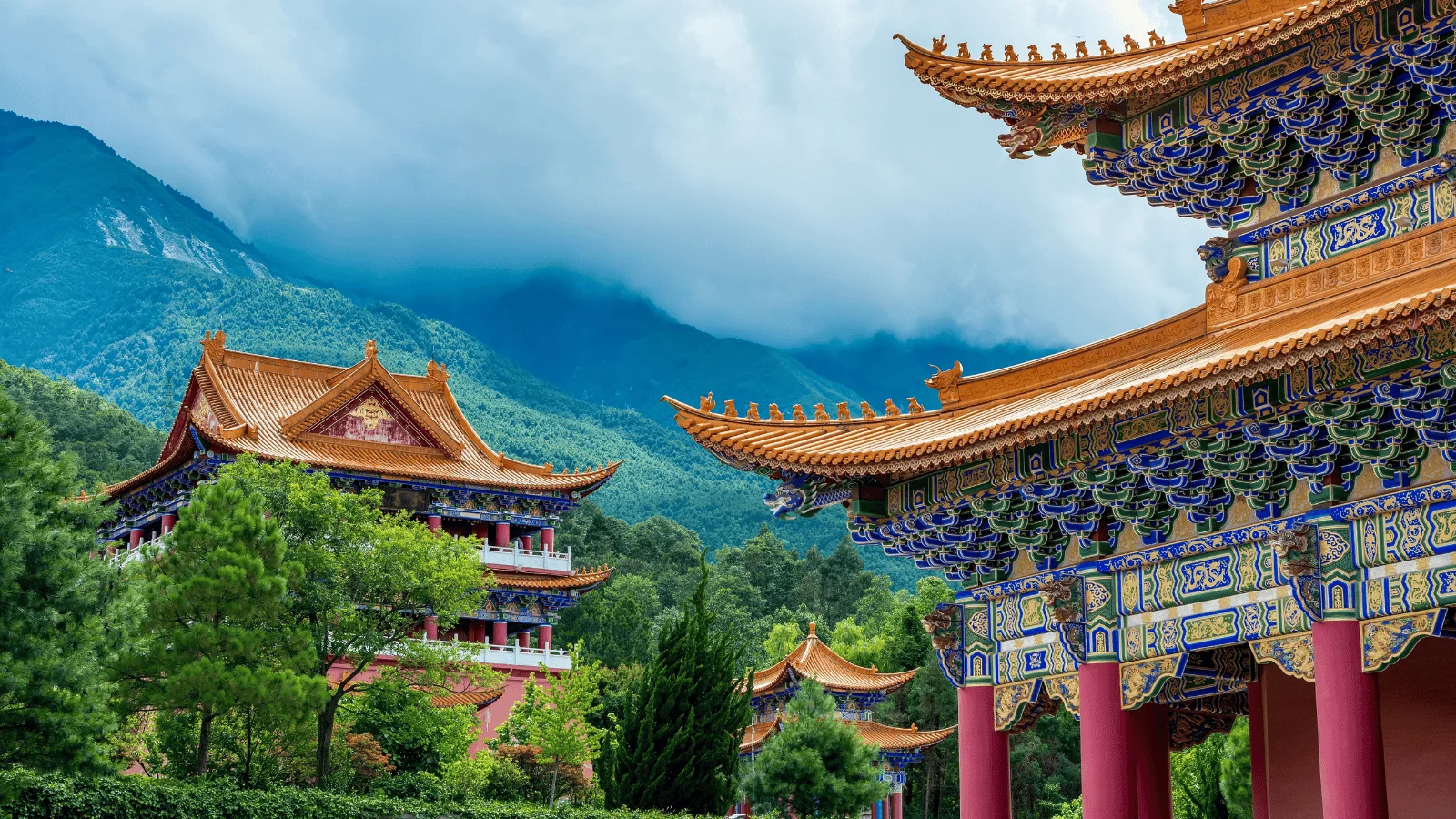
Religion is a complex matter in both China and the U.S. The Council on Foreign Relations reports that the Chinese Communist Party, China’s ruling power, closely monitors religious expression. It officially recognizes Buddhism, Catholicism, Daoism, Islam, and Protestantism, though the government routinely bans or punishes those who partake in religious activities not inline with the popular religion, which is a mix of Daoism and Buddhism.
The right to freedom of religion is a pillar of American culture protected by the Constitution’s First Amendment. The country boasts a diverse melting pot of religions, though Gallup reports Christianity is the largest population.
Personal Space

American opinions on privacy and personal space contrast significantly with those in China. There is a general lack of regard for personal space in China, with large crowds packed into compact transportation, shopping, and dining areas. IBMH says this lack of physical distance results from China’s overcrowding issues.
U.S. citizens often respond negatively to strangers invading their private space. They are somewhat standoffish and avoid physical contact with unfamiliar people in public. Rotary International reports the average American maintains a conversational distance of two to three feet.
Success and Failure

In China, failure is considered a sign of weakness and inadequacy. Fear of shame and high expectations drive Chinese society. As a result, many in China see success as the only option.
Alternatively, failure is essential to personal and professional development in the U.S. Entrepreneur states that American culture promotes growth and learning from one’s failures rather than shying away from them.
Sustainability

Sustainability is at the forefront of Chinese and American policies, but both countries have a long way to go in furthering sustainable initiatives. Earth.org names China the world’s largest producer of greenhouse gases, with America earning second place.
The New York Times, however, reports China invested billions more into clean energy than America did in 2022. It also states the average U.S. citizen uses far more energy annually than in China.
Romantic Relationships

Americans and Chinese view romance and dating quite differently. LiveAbout says the societal emphasis on getting married has shaped China’s dating culture. Chinese people often take romantic relationships seriously, with an end goal of marriage.
Dating is more casual in the U.S. Americans are more likely to date for fun, and parents have less sway in their children’s romantic lives. Relationships are generally carefree, empowering people to date for personal reasons rather than out of obligation or external pressure.
Fashion
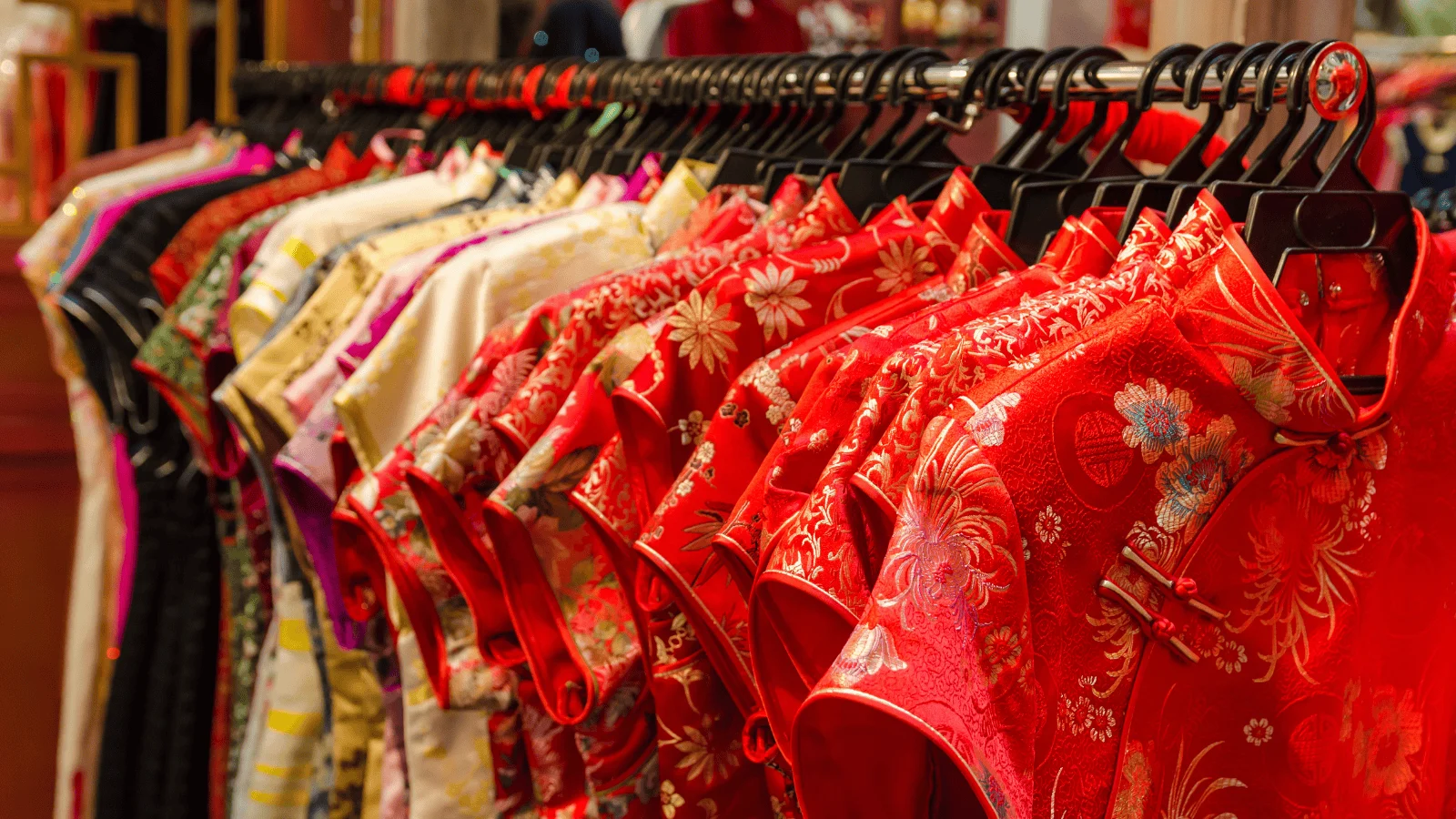
Fashion is essential to understanding how American and U.S. cultures differ. A J Environ Public Health article says Chinese aesthetics value elegance and beauty. American style is more free-spirited and bohemian. According to the article, clothing can even embody principles of individualism and collectivism.
Chinese fashion frequently incorporates red, blue, and yellow hues to represent the natural elements and an individual’s connection to their environment. Personal expression is more prevalent in the U.S., where clothing frequently incorporates shades of purple and white.
Food is one of the best ways to experience a new culture

Continue your journey learning about Chinese culture with a one-of-a-kind culinary experience. These indulgent cities in China, Japan, Thailand, and more put American cuisine to shame.
21 Indulgent Cities in Asia That Make America Seem Bland
Select images provided by Depositphotos.

Elise Armitage is an entrepreneur and founder of What The Fab, a travel + lifestyle blog based in California. At the beginning of 2019, Elise left her corporate job at Google to chase her dreams: being an entrepreneur and helping women find fabulous in the everyday. Since then, she’s launched her SEO course Six-Figure SEO, where she teaches bloggers how to create a passive revenue stream from their website using SEO. Featured in publications like Forbes, Elle, HerMoney, and Real Simple, Elise is a firm believer that you can be of both substance and style.



